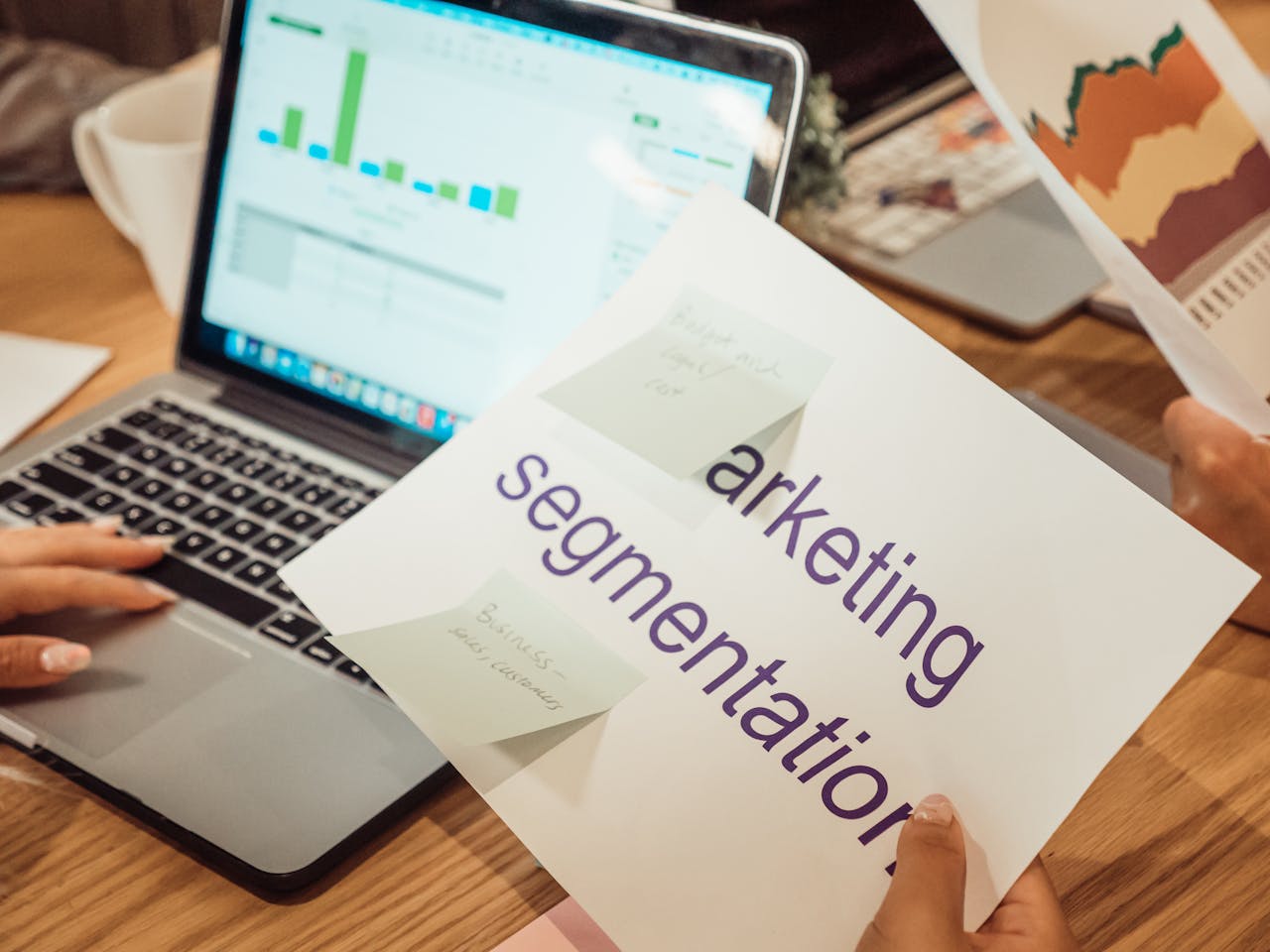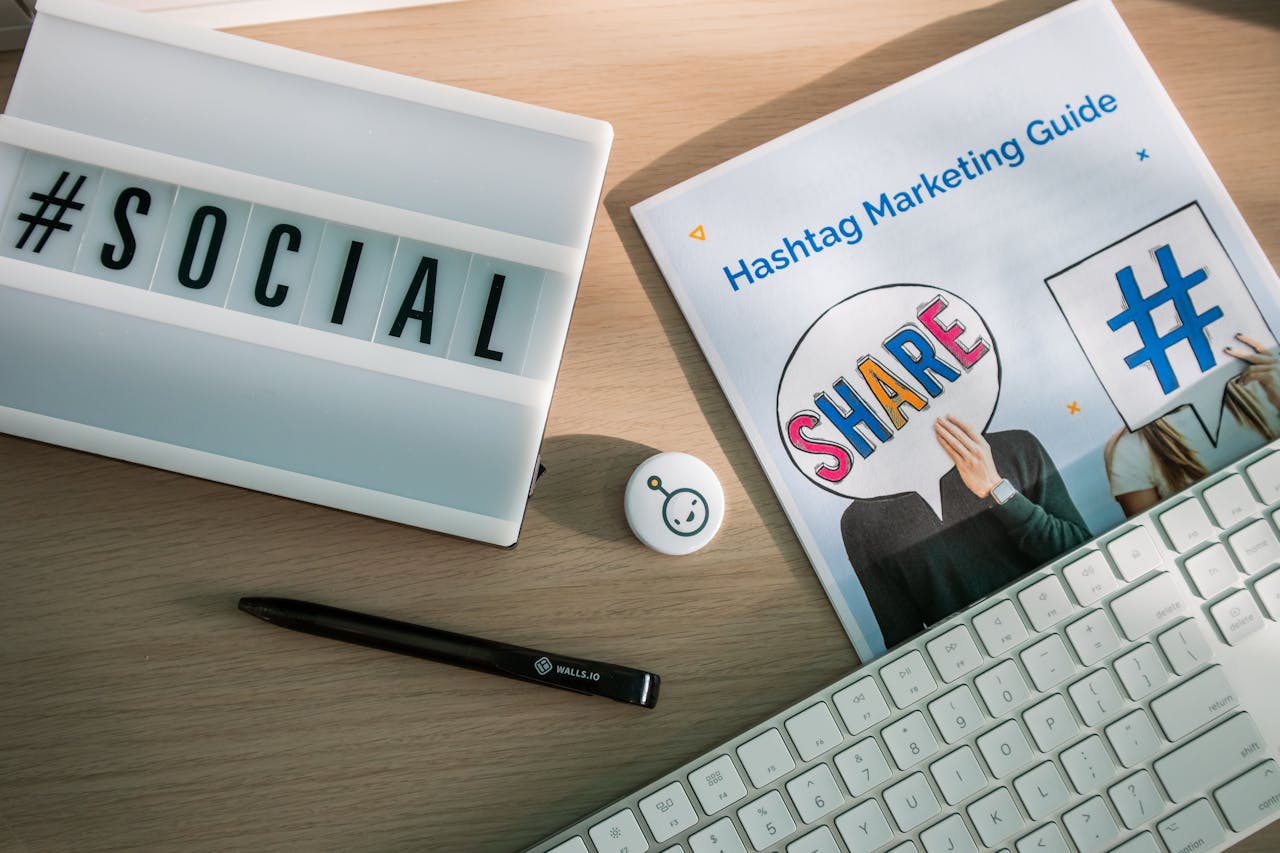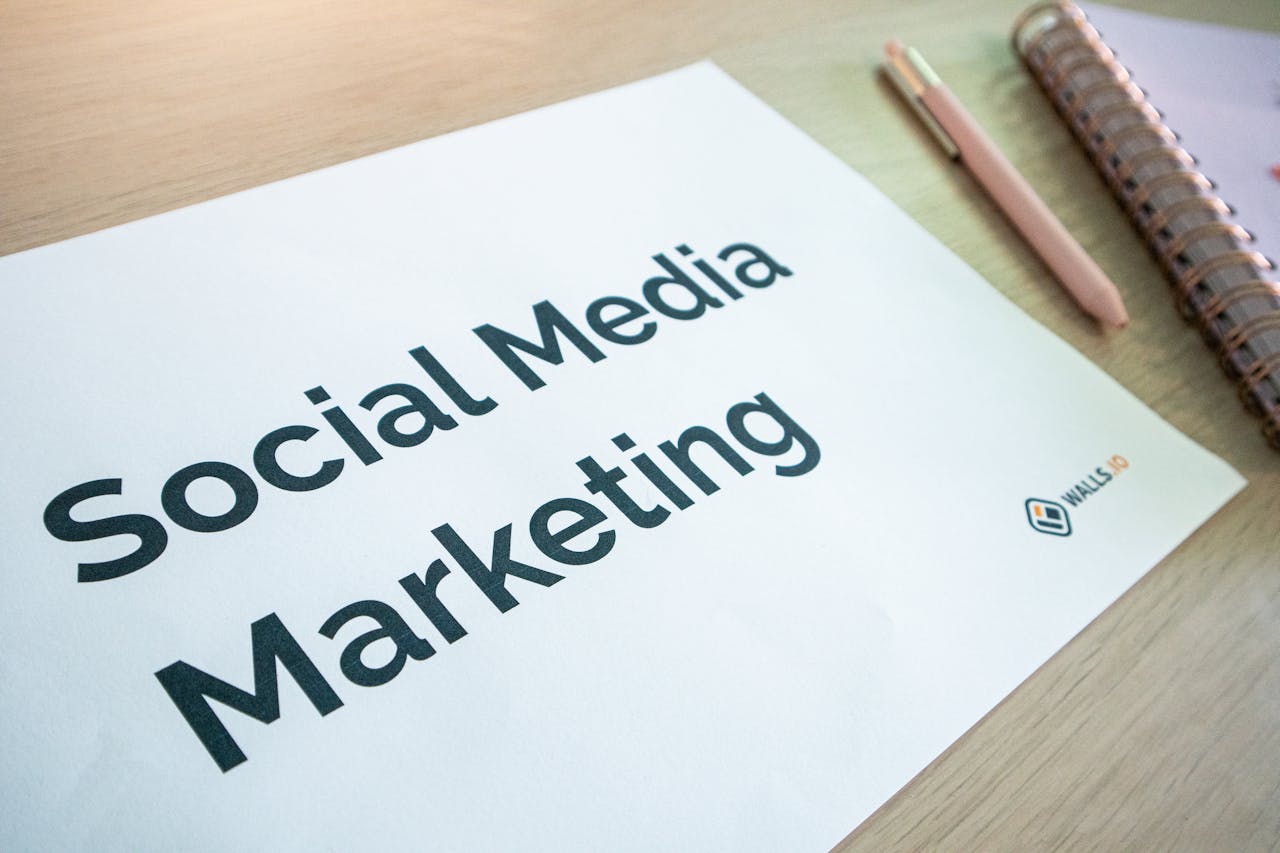By Malia K.
Digital Marketing Guide
Magnified Media
Are you thinking of using that beautiful photo you found on Google? Doing so may put you and your business at serious risk of infringing on a photographer’s copyright. Did you know this is a viable income stream that many photographers rely on? Photographers take amazing photos, upload them to a few internet sites, and then sit back and wait to see what businesses use them. Copyright infringement letters demanding payment follow – and businesses do pay – many times in the tens of thousands of dollars – sometimes even more.
It’s Just One Image . . .
Many times, a photographer may be apprehensive about posting their work in fear of having it stolen and losing business. They may not think that their work will be infringed upon until it is. Every time a photograph is distributed without permission or monetary compensation to the photographer, it harms the entire photography industry. Copyright is their ownership of the imagery that they’ve created. Because image theft is so mainstream, people often don’t know the ramifications of rampant copyright infringement – it can bring harm to both sides. Sophisticated photographers are not only protecting their photos, they’re protecting their future work and creating another lucrative income stream. From the moment they take an image, there are certain steps to making sure it is copyrighted.
“Sophisticated photographers are not only protecting their photos, they’re protecting their future work and creating another lucrative income stream.”
How Do Photographers Copyright Their Photos?
For all photographs, copyright is automatic, but it is best to have physical evidence that the original work is theirs. They should register their work through the US Copyright Registration Office which is easy and relatively inexpensive. It’s $35 to do a single work (including a single image, a single video, a single motion picture) and $55 to do a batch, or group of images, with no limit on its size. This investment protects them and has the potential later to make so much money in the future. If a photographer shoots a lot of work, they would batch process it and do a month by month payment of $55.
Just because a photographer is the owner of a copyrighted photo, it does not give them the legal benefits of statutory damages and legal fees for someone they try to claim against. Infringement is when someone uses another’s intellectual property without their permission – there is innocent infringement and willful infringement. The courts have put together statutes of how much money one can get; an innocent infringement only goes up to $30,000 while a willful infringement can get them $150,000. Unfortunately, a photographer cannot currently pursue compensation for publication on social media networks, or theft by internet spammers and scrapers or websites located outside the reach of modern copyright law.
“The courts have put together statutes of how much money one can get; an innocent infringement only goes up to $30,000 while a willful infringement can get them $150,000.”
How Can Photographers Check if Their Images Are Being Used?
To see if anyone infringed on their work, photographers can use Google Images to reverse search or use websites such as Image Rights, DigiMarc, and Pixsy to track the images being used and additionally use a reverse image search engine to help them recover monetary compensation for unauthorized use of their work.
How does someone prove something as a willful copyright infringement? The easiest way starts with the photographer tagging their imagery as copyrighted. They can enter the copyright of their work in the image title, input the information into their camera to do it automatically or use image editing software such as Photoshop or Lightroom. By using any of these methods, it is very difficult for businesses to claim innocence by saying they didn’t know the image was copyrighted.
“If the copyright information is in the title or metadata, it’s much more difficult to claim innocence.”
If the photographer has submitted the image to the Library of Congress, they are afforded legal leverages and legal rights that solve the issues of dealing with infringement – they are avoiding astronomical lawyer fees, proving how much value the image is to them (which can be difficult to attain a quantifiable dollar amount if they have not established their business value), and having to quantify damages of using the image and how it affected their business. Photographers should copyright an image with the Library of Congress; they must do so before any infringement or 90 days after the infringement has happened – then they are afforded the legal rights of the copyright law.
Why Should Photographers Copyright Their Images with the Library of Congress?
The first benefit is that photographers will not have to establish the value of their image or the value that they would receive from using that image. It’s gone to statutory damages; a judge issues the fees based on the fees they addressed in the lawsuit and that is what the infringer is liable for. It is up to a judge to award reasonable fees based on what they asked for. Statutory damages on non-willful infringement go from $750 to $30,000. Willful infringement can go up to $150,000. Photographers can determine if their copyright was willfully infringed upon by finding the image and demonstrating metadata is no longer embedded into it; they can then claim that the infringer stripped the metadata from it before using it. If the image was cropped, a watermark was removed or the name of the photo was changed (to get rid of the copyright notice in the image title) then the infringer has willingly infringed on their work and the photographer can file a claim.
Another benefit of copyrighting with the Library of Congress is being able to get the legal fees compensated by the person who infringed upon it. If a photographer has not copyrighted their work with the Library of Congress, they will have to cover their own legal fees that draw out from trying to figure out the value of the work. If they don’t have thousands of dollars to bring a lawyer in on retainer, many lawyers will do the case on contingency by splitting 50/50 upon winning.
What’s The Process Of Registering A Copyright With The Library Of Congress?
Don’t worry, it’s easy! In the United States, copyright is automatic. However, when a photographer registers their copyright with the Library of Congress, they have prima facie evidence that the copyright exists and lawyers will be more likely to take their case. They will go to the US Copyright Registration Office online and register a claim. Starting with the registration, they can select the correct keys for the statements on the website and can pre-register a project before they finish with it, if that option applies.
Next, they fill out the contact information. Pending or prospective litigation may be used under their registration if they found an infringement on their work. Once finished, they continue to the payment screen and submit their work to complete their registration. As long as the Copyright Office can see what the file is and see its uniqueness, the file doesn’t have to be 4K quality. Once they get their work uploaded and receive a case number, they are registered with the Library of Congress. For protections in other countries, they can look over the international copyright relations of the United States, circular 38a, to see if they have copyrighting protections in those countries. This protects them in other countries as well and gets a lawyer in those foreign markets if someone in another country infringes on their work.
“As long as the Copyright Office can see what the file is and see its uniqueness, the file doesn’t have to be 4K quality.”
If photographers copyright their work in a timely fashion before they publish it on any websites or submit it to their clients, they can create a legitimate revenue stream with their photos. They can put their work on multiple public websites to display their work and go after businesses for copyright infringement. Any infringement can result in a huge payout for them if they copyright their work.
Need An Agency You Can Trust?
Magnified Media specializes in online marketing for businesses and small companies throughout the San Francisco Bay Area and beyond. We are their trusted outsourced marketing solution, focused on doing three things: getting them more online reviews, clarifying their marketing message, and creating content for their social media platforms. Focusing on these key areas for our clients means they can run their business without worrying about when or where the next customer is coming. We help build their business through reputation. Interested in seeing what we can do? Schedule your Online Presence Audit now and we will also include a report on whether any images on your current site have been stolen! (Want to stop by for a face-to-face visit? Here is a map of our location.)
Sources
- https://www.youtube.com/watch?v=mP8bQsecXx0
- https://www.copyright.gov/registration/
- https://www.diyphotography.net/just-made-2500-single-copyright-infringement-can/
- https://www.google.com/webhp?hl=en&sa=X&ved=0ahUKEwigqI-7r5PdAhWSGTQIHa3cDfkQPAgD
- https://www.imagerights.com/
- https://www.digimarc.com/about/company
- https://www.pixsy.com/about/









